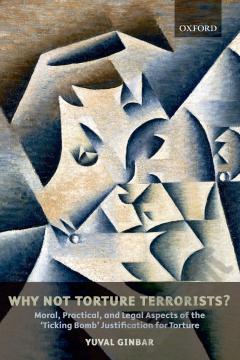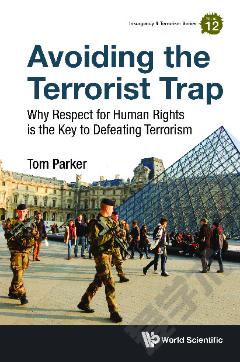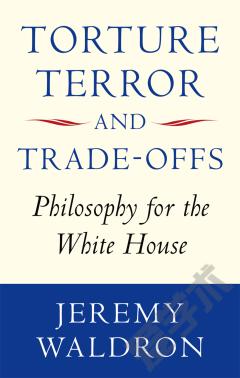Why Not Torture Terrorists? —— Moral, Practical, and Legal Aspects of the 'Ticking Bomb' Justification for Torture
----- 为什么不折磨恐怖分子:折磨恐怖分子的道德、实践和法律方面的正当性
Foreword Introduction PART I: PRIVATE MORALITY: IS IT MORALLY JUSTIFIABLE FOR AN INDIVIDUAL TO TORTURE A TERRORIST IN ORDER TO SAVE MANY INNOCENT LIVES? 1. Introduction 2. The wider moral Issue: Do consequences or 'no go areas' determine what is ethical in an extreme situation? 3. Consequentialist argument for torturing in a ticking bomb situation 4. The minimal absolutist approach I: anti-absolutism as morally untenable 5. The minimal absolutist approach II: Arguments for an absolute prohibition on torture PART II: PUBLIC, PRACTICAL MORALITY: IS IT MORALLY JUSTIFIABLE FOR A STATE TO TORTURE IN ORDER TO SAVE MANY INNOCENT LIVES? 6. Introduction 7. Is there a 'public morality' that is distinct from 'private morality'? 8. 'Slippery slope' and other dangers PART III: LEGALISING TORTURE 1 - FOUR MODELS 9. Introduction 10. The Landau model in Israel 11. The 'torture warrants' model 12. Israel's High Court of Justice model 13. The USA's 'high value detainees' model PART IV: LEGALISING TORTURE 2 - THREE ISSUES 14. Introduction 15. Is it (internationally) legal? Is it torture? 16. The 'defence of necessity' model as legal grounds for torture PART V: CONCLUSIONS
{{comment.content}}








 京公网安备 11010802027623号
京公网安备 11010802027623号